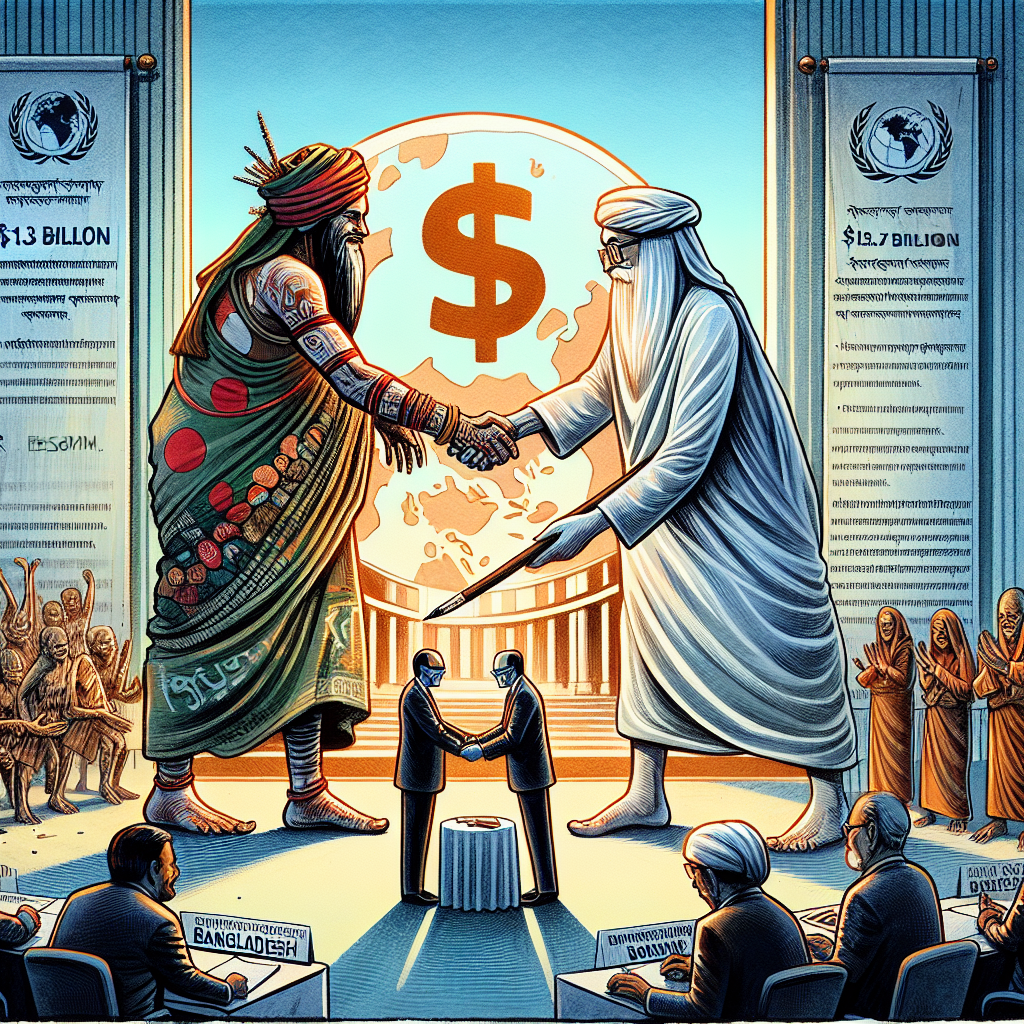Bangladesh Secures $1.3 Billion IMF Reform Agreement
Bangladesh Secures $1.3 Billion IMF Reform Agreement
Overview of the Agreement
Bangladesh has successfully negotiated a $1.3 billion reform agreement with the International Monetary Fund (IMF). This deal is aimed at bolstering the country’s economic stability and fostering sustainable growth through a series of strategic reforms.
Key Objectives of the Agreement
- Economic Stability: The agreement seeks to enhance Bangladesh’s economic resilience by addressing fiscal imbalances and improving public financial management.
- Structural Reforms: It includes measures to strengthen the financial sector, improve governance, and enhance the business environment.
- Social Protection: The deal emphasizes the importance of protecting vulnerable populations through targeted social spending.
Expected Benefits
The IMF reform agreement is expected to bring several benefits to Bangladesh, including:
- Increased Investor Confidence: By implementing these reforms, Bangladesh aims to attract more foreign investment, boosting economic growth.
- Enhanced Economic Resilience: The focus on fiscal discipline and financial sector reforms is designed to make the economy more resilient to external shocks.
- Improved Governance: Strengthening governance and reducing corruption are key components that will contribute to a more transparent and efficient public sector.
Challenges and Considerations
While the agreement presents significant opportunities, Bangladesh faces challenges in implementing these reforms:
- Implementation Capacity: Ensuring that the government has the capacity to effectively implement the proposed reforms is crucial.
- Political Will: Sustained political commitment is necessary to drive the reform agenda forward.
- Social Impact: Balancing economic reforms with social protection measures will be essential to mitigate any adverse effects on vulnerable groups.
Conclusion
The $1.3 billion IMF reform agreement marks a pivotal step for Bangladesh in its journey towards economic stability and growth. By focusing on fiscal discipline, structural reforms, and social protection, the country aims to build a more resilient and inclusive economy. However, successful implementation will require strong political will and effective governance to overcome potential challenges.






































